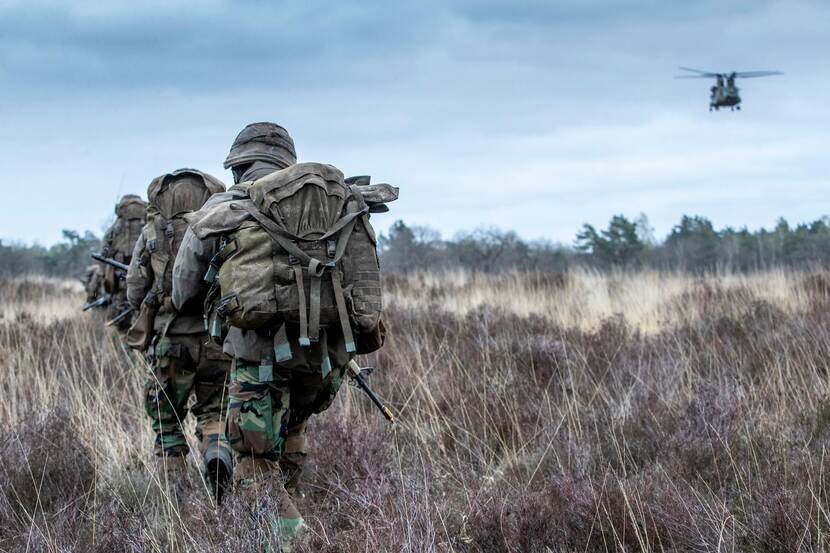Netherlands to deploy 150 service members to the Balkans
The Netherlands will deploy a maximum of 150 members of the Marine Corps to Bosnia and Herzegovina for 1 year. In addition, a maximum of 10 service members will deploy to the area to gather intelligence. This intelligence will make it possible to monitor the security situation in Bosnia and Herzegovina more effectively. The 10-member human intelligence unit will depart in June, while the marines will leave in October. This deployment to the Balkans will be the Netherlands’ contribution to the European Union Force in Bosnia and Herzegovina (Operation Althea).

Minister of Foreign Affairs Wopke Hoekstra and Minister of Defence Kajsa Ollongren today informed the House of Representatives of the deployment by letter.
The EU force includes a multinational battalion that consists of approximately 1,000 service members. The force is stationed in the Balkans to respond to incidents.
Deterring destabilising actors
The operation’s primary objective is to maintain a safe and secure environment. In addition, the EU force was established to deter destabilising actors and ensure that, if it comes down to it, the international community will act as one. The Netherlands has been providing four staff officers to the EU force since January. These officers are based at headquarters in Sarajevo.
Rising tensions
Things have been on edge for some time in Bosnia and Herzegovina. The inflammatory ethno-nationalist rhetoric of politicians regularly causes tensions to rise between the different ethnic groups. Although there are no indications at this time of an armed escalation, such a development remains a possibility.
The leadership of Operation Althea currently assesses the situation in Bosnia and Herzegovina to be relatively stable. Nevertheless, a number of issues are at play. For example, the letter sent to the House by the ministers states that Russia is seeking to increase its influence in Bosnia and Herzegovina. Russia would benefit from an unstable Bosnia and Herzegovina because such instability would prevent accession to the EU and NATO.
Ollongren stated that the Netherlands and the EU have a direct interest in stability in the Western Balkans. This is reason enough for the Netherlands to contribute to the EU force.
Participating countries
21 countries, 16 of which are EU member states, are participating in Operation Althea. The contributing EU member states are Bulgaria, Germany, France, Greece, Hungary, Ireland, Italy, the Netherlands, Austria, Poland, Portugal, Romania, Slovenia, Slovakia, Spain and the Czech Republic. The non-EU countries that are contributing are Albania, Chile, North Macedonia, Turkey and Switzerland.
The Dutch contribution of, at most, 150 service members to the EU force will end on 1 October 2024. The deployment of the 10-member human intelligence (HUMINT) team will end on 31 July 2025.
Operation Althea commenced in 2004. The operation was preceded by NATO’s Implementation Force (IFOR) and Stabilisation Force (SFOR) respectively.